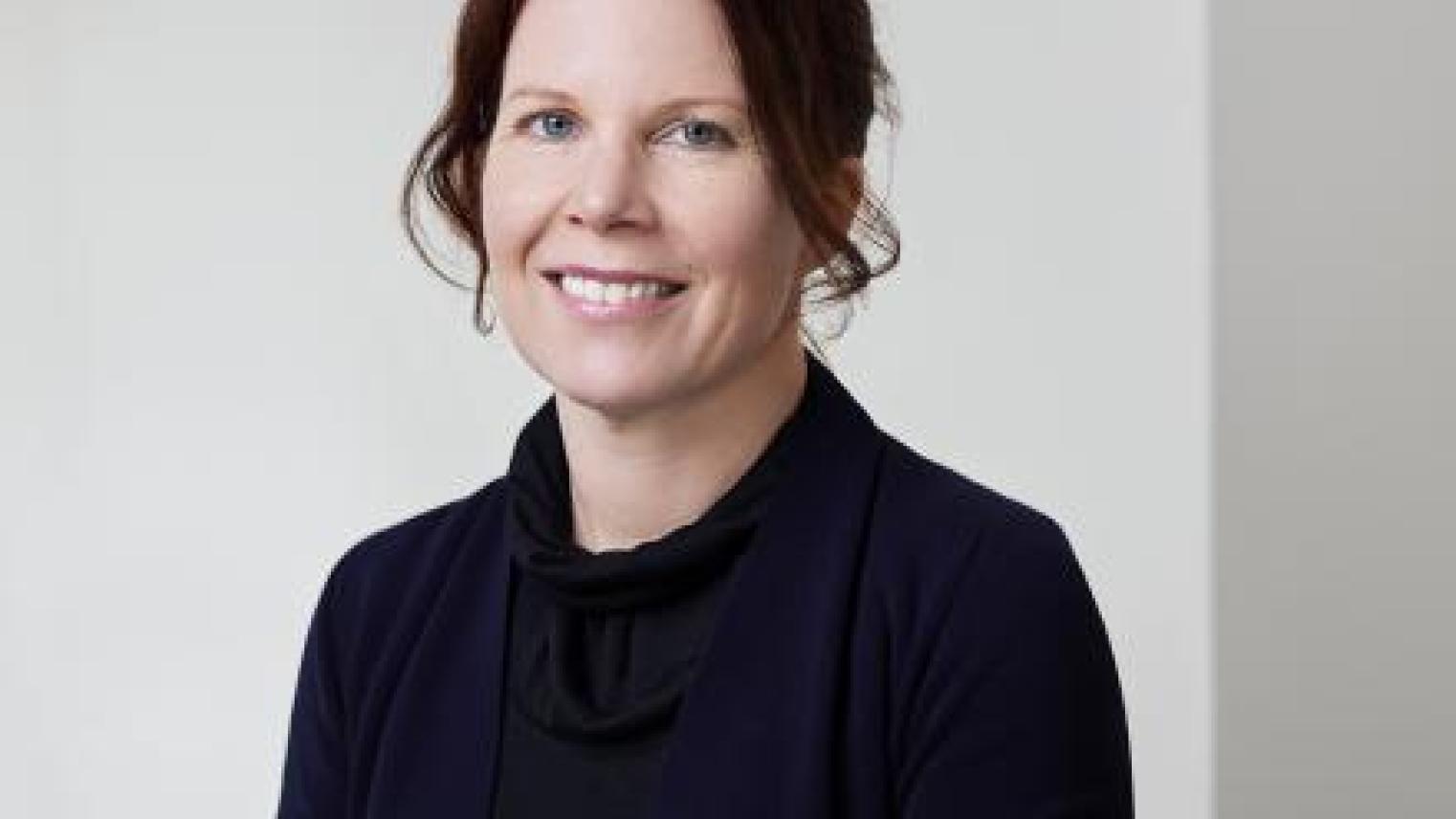Engaging youth in messaging for the creative arts to end sorcery accusation violence

The belief in witchcraft or sorcery exists across many parts of the Pacific, especially in Papua New Guinea (PNG). Prevalent in spheres of public and private life, sorcery accusations give rise to many cases of violence including torture and murder in the country. Addressing the complex issue of sorcery accusation related violence (SARV) and eradicating its wide negative developmental outcomes has become an increasing priority in PNG. However, this problem cannot be resolved solely by legislation; rather, it must involve a more holistic response.
In an effort to raise awareness and effect positive change, Associate Professor Miranda Forsyth, a leading expert on the topic of SARV in PNG, and her team are utilising an innovative approach to prevent SARV, which they have coined ‘Networked Inside-Out Change’.
“While some important work has already been conducted in addressing and reducing SARV, there is still a great need for both a better understanding of which types of awareness-raising techniques and advocacy are most effective and why, especially for the production of supporting materials for those wishing to engage in advocacy and awareness-raising,” said Associate Professor Forsyth.
“Our team’s research and experience to date suggests that leadership, awareness-raising and advocacy needs to come from inside communities first, then be networked into broader outside domains, whilst being context specific. We term this approach ‘Networked Inside-Out Change’.”
‘Networked Inside-Out Change’ is the crux of Associate Professor Forsyth’s latest project, titled ‘Engaging youth in messaging for the creative arts to end sorcery accusation violence’, which is funded by the US State Department. With the support of filmmaker Llane Munau, missionary Anton Lutz and the NGO The Voice, Associate Professor Forsyth and her team aim to address SARV by engaging PNG youth (18+) in the production of awareness-raising materials using the creative arts.
“The aim of this project is to change the narrative about sorcery accusation violence in a sustained way,” explained Associate Professor Forsyth who is also chief investigator of a major four-year, Department of Foreign Affairs and Trade (DFAT)-funded project aimed at identifying ways to overcome sorcery accusations and related violence in PNG.
“Through a series of workshops, PNG youth will be involved in learning basic filmmaking skills to tell stories about SARV, its negative effects and the different ways it can be resolved without violence.”
“The intention is to disseminate some of the content produced broadly across PNG through mass media,” she disclosed.
“The hypothesis of this project is that in order to be effective, messages around sorcery accusation violence need to come from within the community in their language both metaphorically and literally”.
“Networking the creators of these messages with other groups also working in this space is vital for creating the support network that will facilitate the conversations required for change to occur,” she said.
Although the project is expected to put the ‘Networked Inside-Out Change’ model to the test, a similar project carried out by Ms Munau and Mr Lutz yielded encouraging results.
“This project expands on a successful initiative undertaken by Llane and Anton who, in collaboration with the youths from ‘Voice in the Wilderness’ in Bougainville, produced a short feature film called ‘Peter and Grace make a difference’ which garnered a lot of engagement from the local community”, she explained.
‘Engaging youth in messaging for the creative arts to end sorcery accusation violence’ will be developed in 10 targeted communities across PNG over 30 months. It is expected to catalyse positive change in the broader region through the creation of youth leadership for the anti-SARV agenda and the strengthening of anti-SARV leaders and organisations within local communities as well as within and across provinces.
The team has also started the production of a range of digital awareness-raising materials and an arts-based program toolkit that promote critical thinking about narratives of sorcery and sorcery accusations to ultimately discourage SARV.
As well as directly informing how to address SARV in the PNG context, insights from this project will contribute to the global movement that is developing to address SARV and other harmful practices relating to manifestations of belief in witchcraft around the world. The PNG insights will be assessed in relation to experiences in other parts the world, addressing harm generated by particular belief systems through international human rights frameworks.
To learn more about SARV, the projects that aim to address the issue and what you can do to help visit Stop Sorcery Violence at www.stopsorceryviolence.org
-ANU is a research-intensive university and our research priorities reflect the challenges facing the world today. If you are interested in supporting the research conducted at the ANU School of Regulation and Global Governance (RegNet), please consider making a donation to our school.